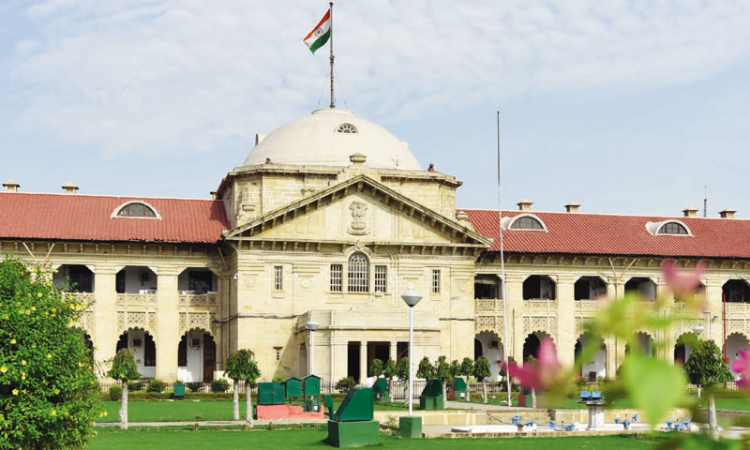Special Leave To Appeal U/S 378 (4) CrPC Can Be Granted Only When View Of Acquitting Judge Is Unreasonable: Allahabad HC
Sparsh Upadhyay
4 March 2022 11:30 AM IST

Next Story
4 March 2022 11:30 AM IST
The Allahabad High Court on Wednesday observed that special leave to appeal as envisaged under Section 378(4) of the Code Of Criminal Procedure (CrPC) could be granted by the High Court only where the view taken by acquitting judge is clearly unreasonable.The Bench of Justice Mohd. Aslam further added that it is the duty of the court to punish the guilty person when the guilt is...
